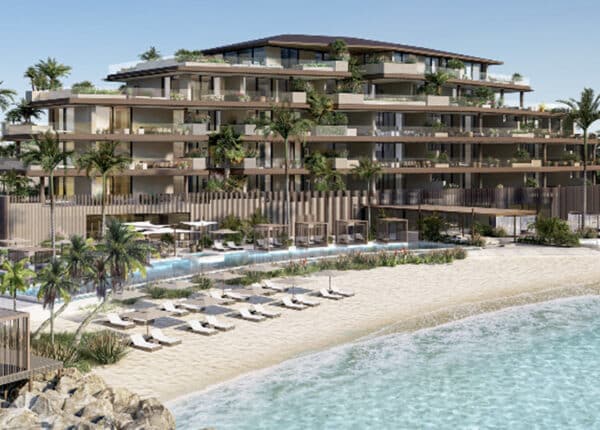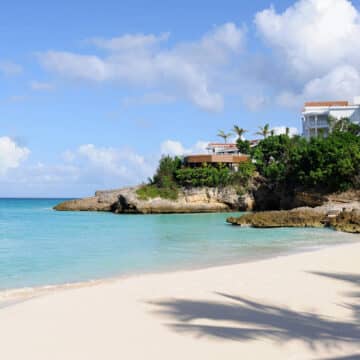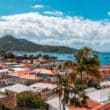Op-Ed: Dileep Rao on Developing Caribbean Entrepreneurs
By Dileep Rao
Op-Ed Contributor
ACROSS THE world, many believe that it is a shortage of venture capital (VC) that is holding back new business development. Accordingly, governments, often with expert advice, create VC pools with the hope that this influx of risk capital will build big businesses and create new wealth. To prove their point, these experts point to Silicon Valley as the epitome of all that they want to achieve in their selected areas.
Is this a good strategy? Will such a strategy result in high-growth companies such as those in Silicon Valley? Will it create wealth and higher standards of living? Or is the strategy doomed?
VCs invest in very few companies and a minuscule portion of them become the billion-dollar companies you keep hearing about. As I have noted in my Forbes blog, 99.997 percent of entrepreneurs in the US should avoid, or delay venture capital.
Most entrepreneurs will not be considered for VC nor will they get it. Most of those who get it will fail to reach their goals. Without VC, they may have had the freedom to test strategies, to grow slowly and keep control and succeed.
And it is likely that the percent of VC successes will be even smaller in the Caribbean, as it is in areas outside Silicon Valley.
Location is a key factor. The case for more VC can be made in Silicon Valley. VCs in Silicon Valley have helped build great companies. But other areas have not been able to recreate the magic that is Silicon Valley. Of the 85 billion-dollar entrepreneurs in my database, 16 were in Silicon Valley, where 88 percent used VC.
Elsewhere, only 9 percent used VC, and some of them got VC from Silicon Valley venture capitalists. The top four percent of VCs earned about 65 percent of the profits in the industry, and nearly all are in Silicon Valley. The others earn meager returns at best or lose money at worst.
It is difficult to earn high returns in venture capital without home runs, and most of the home runs are in Silicon Valley.
Timing is also important. VC may be helpful for a handful in Silicon Valley (and this is the handful that journalists keep writing about) mainly when great new industries are emerging and billion-dollar companies are being created. This includes companies such as Intel (created during the dawn of the semiconductor industry), Apple (PCs), Cisco (communications), Google (Internet), and Facebook (Internet 2.0). At other times, the pickings are slim, and VC returns are poor.
To build a new VC industry with “smart” money elsewhere, you need an emerging industry there, and then your ventures may need to win against others, including perhaps the Silicon Valley VC-funded ventures. Sometimes you may be able to sell your ventures to the ones started in Silicon Valley, as some VCs do in Europe. Or you may need to attract the Silicon Valley VCs, as China and India have done, because they seem to have mastered the alchemy to build billion-dollar companies. But not many areas have been able to do this. So until then, focus on developing smart entrepreneurs.
MY TAKE: To develop local, high-growth businesses, the Caribbean needs to develop smart entrepreneurs who can compete in regional and global markets, export value-added products or services, and import wealth to make the area richer.
This means they have to be better than entrepreneurs elsewhere. If resources are limited (and I have never seen an area where they are not), governments and area-development organizations need to focus their scant resources on entrepreneurs who export value. Develop them and make them better. Then offer more resources to the winners.
I was involved in new-business development in depressed areas in the US. With limited budgets, prioritization was important. So we focused on developing and assisting entrepreneurs who exported from the area to succeed in competitive regional, national, and global markets.
I would suggest that governments seeking venture development and job creation focus on entrepreneurial development before building a VC infrastructure. Putting financial development ahead of entrepreneurial growth is likely to result in mediocre results at best and a waste of scarce resources at worst.
In his first career as a new business financier, Dileep Rao financed over 450 businesses and managed five turnarounds. In his second career, he is Clinical Professor of Entrepreneurship at Florida International University, and has assisted governments, including the U.S. government, Fortune 500 corporations, and entrepreneurial ventures in capital-efficient business development. Dr Rao is a blogger for Forbes.com and has written nationally acclaimed business reference books including Business Financing: 25 Keys to Raising Money (NY Times MBA Series), Handbook of Business Finance & Capital Sources (AMA, NY), and Bootstrap to Billions (uEntrepreneurs.com. His next book is about business growth without capital. Dr Rao has two engineering degrees and a doctorate in business administration from the University of Minnesota.
Note: the opinions expressed in Caribbean Journal Op-Eds are those of the author and do not necessarily reflect the views of the Caribbean Journal.







